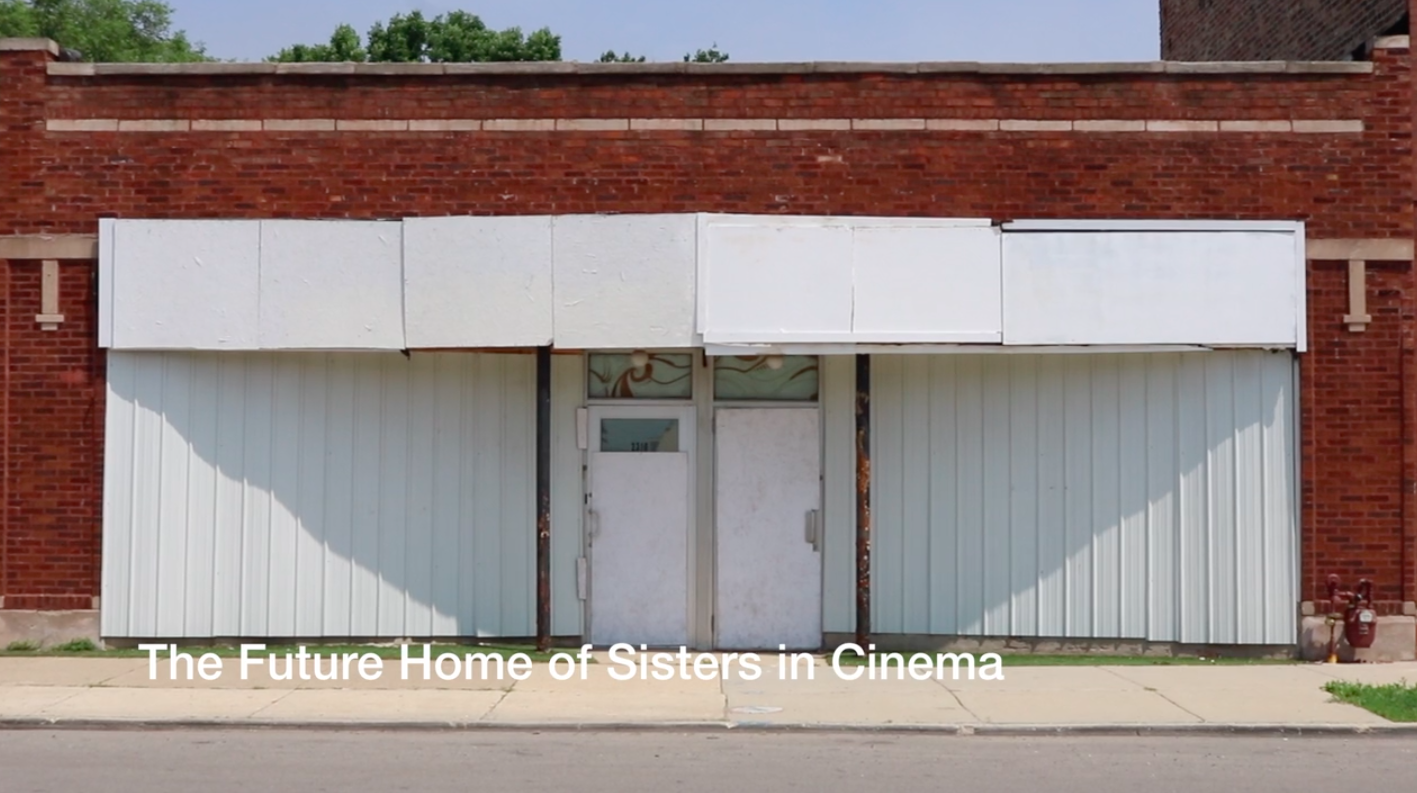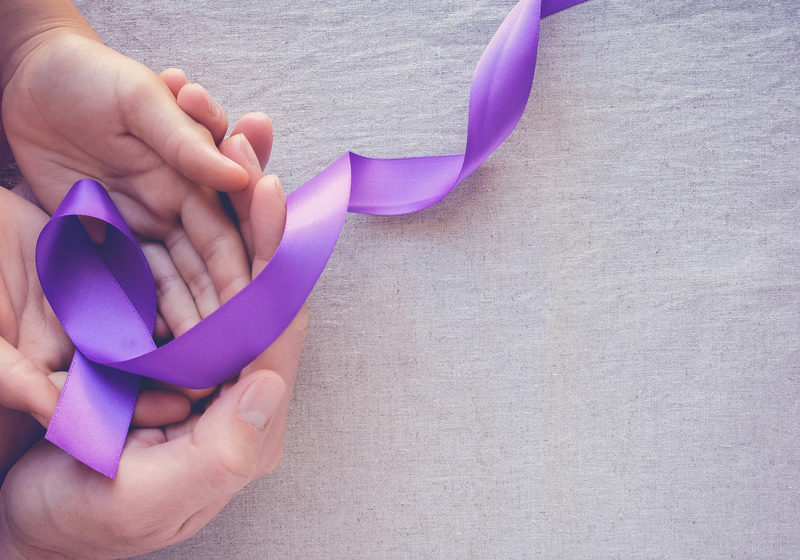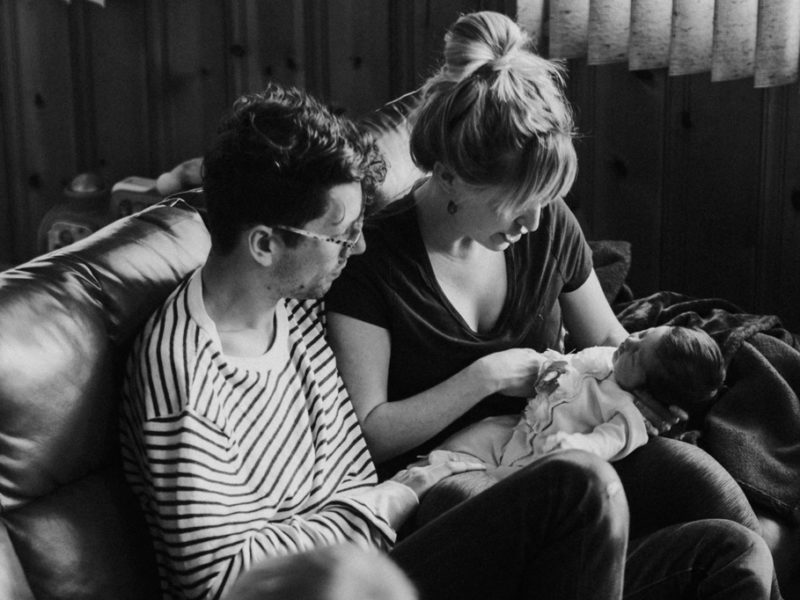
Representation Matters: Sisters in Cinema Is Bringing Opportunities in Film to Chicago’s South Shore (and You Can Help)
COMMUNITY AREA #43: South Shore—Sisters in Cinema
This post was updated with some of Sisters in Cinema’s new initiatives. Scroll to the bottom to learn more.
Long before #BlackGirlMagic, Yvonne Welbon, the founder of Sisters in Cinema, was on a mission to find and elevate the stories of Black women in filmmaking—because spoiler alert: they exist. They always have. As she was on a quest to find her sisters, Welbon founded Sisters in Cinema in the late 90s when she established her first website. Professors couldn’t give her the resources she needed to find women in the space who looked like her and were creating work for and about her, so she was committed to finding and building those resources herself.
Sisters in Cinema began as an online resource dedicated to the history of African American women in filmmaking. Fast forward to 2018, and Welbon has received a matching grant from the city to bring a physical space to the South Shore neighborhood. To unlock the funds granted, Welbon must first match the amount she received through her own fundraising efforts. Read on for more about this next phase for Sisters in Cinema and learn how you can contribute to make this space—a space open to anyone who believes in diversity in arts and entertainment—a reality.
Tell us the origin story of Sisters in Cinema: How did it come to be?
When I entered the Masters of Fine Arts program in film and video at the School of the Art Institute of Chicago (SAIC) in 1991, I only knew the name of one African American woman director—Julie Dash. I didn’t know what she looked like. I’d never seen any of her films and I had no idea why or how she became a filmmaker. When I asked my professors to help me learn about more black women directors, one of them said, “Maybe you are the second one.” I knew there had to be other Black women filmmakers, so I set out to find them. My curiosity sent me on a journey that has become Sisters in Cinema.
In those pre-Internet days, I began to spend a lot of time in libraries searching through texts and journals to find Black women filmmakers. Slowly, I began to find articles about African American women’s media production and I began building a database.
To meet filmmakers and to see their work, I started volunteering and then curating programs at Chicago Filmmakers. I eventually joined the board of Women in the Director’s Chair and ETA’s African America Women in the Arts. I uncovered hundreds of films, videos, and computer produced media by African American women dating back to the early 1900s. I met dozens of Black women media makers that I subsequently researched. When I received my MFA in Film and Video from the School of the Art Institute of Chicago in 1994, I learned that I was the first African American woman to do so.
By 1997, I established a website called Sisters in Cinema and started crowd sourcing our history. I decided to continue my graduate work and began a doctoral program at Northwestern University. I wrote a history of black women filmmakers, called Sisters in Cinema: Case Studies of Three First-Time Achievements Made by African American Women Directors in the 1990s as one of the requirements for my PhD in 2001.
The research I conducted for my dissertation lead me to make a documentary on the history of African American women feature filmmakers called Sisters in Cinema: A History of African American Women Feature Film Directors in 2003. The documentary remains the only comprehensive film on the history of black women directors and continues to be taught in media classes at colleges and universities around the world. The film was broadcast on Starz/Encore and TV-One in the United States.
The Sisters in Cinema archive is the harvest of my journey. The materials that I have collected over two decades, have resulted in possibly one of the largest single collections of African American women’s media production in the United States. In 2014, I received a Mellon Foundation Humanities Writ Large Visiting Faculty Fellowships at Duke University to begin processing the archive and to work on a manuscript related to the collection.
In 2018, Sisters in the Life: A History of Out African American Lesbian Media-Making, a book I co-edited with Alexandra Juhasz, was published by Duke University Press. It is the first academic text on a history of black women media makers.
What began as a simple database became a multitude of distinct and interconnected projects — a website, my doctoral dissertation, a feature documentary, a book and an archive. Today, Sisters in Cinema is also a non-profit. Our goal is to entertain, educate, develop and celebrate sister filmmakers and their amazing audiences. To that end we are embarking on yet another Sisters in Cinema project. We are building a media arts center in South Shore the neighborhood I grew up in on the south side of Chicago.
The property is about 5,000 square feet. We are recipients of a Neighborhood Opportunity fund grant for $98,500, which allows for the property acquisition and build-out of a media arts center. It’s a matching grant. So we have to raise an additional $98,500 to actually receive the funds. We currently have a GofundMe campaign to raise the matching funds. Every dollar donated is matched, by funding from the City of Chicago.
Let’s take it one step back, how did you get into film?
I remember the first time I saw a film that impacted me. I was about 18 years old. I was at one a screening of films at the Art Institute of Chicago. It was a 12-minute short called Deutschland Spiegel by Sharon Couzin. I know now I was watching an experimental film. Back then I didn’t understand what it was or that one day I could actually make a film myself. I remember thinking that I would try to do what the filmmaker was doing with my painting or collage work.
When I became interested in becoming a filmmaker I was living in Taipei, Taiwan. It was the late 80s and the Taiwanese independent film movement was just beginning. I remember seeing a film by Edward Yang called The Terrorizers and being blown away by it. I loved the emotion, the non-linear narrative and the uncertainty of how the story would end. I had never seen anything like it. For me it was art on screen. The film actually had many of the aspects of Deutschland Spiegel in that the narrative was fractured and the film was non-linear.
In Taiwan I founded an arts and leisure magazine inspired by the Chicago Reader. In 1989 decided to attend a publishing conference in Bangkok, Thailand and everyone was talking about video. It was strange because it was a print media conference. Anyway, when I returned to Taipei, my photographer suggested that we translate the magazine into a video format. I loved the process and was hooked on the medium. I returned to the states to learn how to express myself through visual media as opposed to print media.
I ended up going to three different film schools. I received an MFA from The School of the Art Institute (SAIC). A PhD in film at Northwestern. (We were required to do production.) I am also a graduate do the American Film Institute’s Directing Workshop for Women. Each time I went I focused on something different. At SAIC, I learned the fundamentals, the equipment, and what it is to bring an artistic vision to film. At Northwestern, I focused on the business side of filmmaking. I took courses at the Kellogg Business School, I took courses on Producing, Entertainment Law, etc. I did the course work for a certificate in Telecommunications Policy, Management and Science as part of my degree, so that I could have a full understanding of new technology and how it will affect us as filmmakers. And the last time I went I focused on traditional narrative filmmaking, structure, script, directing and production.
I didn’t go to film school because I wanted to direct feature films, documentaries, commercials or music videos. I went to art school because I wanted to be able to express myself in the visual medium. I found through the learning process that documentary was primarily the best form for me.
Along the way, I became both a filmmaker and a producer. I’ve directed 8 films and produced over 20 films, ranging from shorts to features. They have been broadcast on PBS, Starz/Encore, TV-ONE, IFC, Bravo, the Sundance Channel, BET, HBO, Netflix, iTunes and screened in over one hundred film festivals around the world.
Sisters in Cinema is in an exciting new phase, with a physical location coming to Chicago’s South Shore. This question is two-fold: First, why South Shore? And second, why is a physical location so important to your mission for Sisters in Cinema?
I grew up in South Shore and have always loved the neighborhood. When I was young it felt like a place of opportunity. I am who I am today in part, because of what was offered and available to me growing up in this community. Today, when you walk down the economic corridors of South Shore you see boarded up homes and store fronts, vacant lots and metal bars over empty shops. One can not be what one can not see. As you know, Michelle Obama grew up in South Shore too. She was nurtured in South Shore too.
There are a number of organizations working to revitalize South Shore. With a physical location for Sisters in Cinema we will join a thriving movement working to change the landscape of the community so that those walking down the streets see future possibilities for themselves and for their neighborhood. The Sisters in Cinema Media Arts Center will create a great a space for what’s possible when opportunity meets drive, desire, potential and interest. Sisters in Cinema is focused on cultural development and neighborhood transformation through projects that promote and honor African American leadership, history and creativity.
What can the community expect from this location?
Sisters in Cinema was founded as a resource for and about African American women media makers. Our mission is to entertain, educate, develop and celebrate future generations of storytellers and their audiences. The Sisters in Cinema Media Arts Center builds a pipeline of diverse, creative talent, scholars and audiences through multiple tracks. While some of the programming will be primarily for Black women and girls, there will be other programming that is open to the community. There will be workshops and screenings which will be open to everyone. Although the Center is still in the planning phase, we have begun to roll-out programming that is representative of what we will be doing at the Center. Below is a sampling of programming that we have launched with support of community partners.
1) A pre-professional educational training program primarily focused on women of color. Our current project is The Black Lesbian Writers’ Room, an inclusive intergenerational pilot apprenticeship program for Black women, aged 17 to 63, selected through a nomination and application process. Our mission is two-fold: to create media that centers and explores the lives of queer Black lesbians and to develop a talented team of black women writers based in Chicago. With support from the Field Foundation, the pre-professional program is focused on training women from the community to write for television. Graduates of the writing or television intensive program have an opportunity to work in a simulated writers’ room for a series that I have created that is currently in development called American Pride.
2) A career support network for anyone working or who wishes to work in creative media industries. Our current project: Sisters in Cinema has been contracted by the Gene Siskel Film Center to provide career support and mentorship to five projects helmed by black men and women during the production of their shorts commissioned to celebration the 25th Anniversary of the Black Harvest Film Festival in August 2019. The films will premiere at the festival.
3) A film screening, lecture and workshop series.
Our current projects include a recent mini-film festival that as part of the South Shore Connects program and a film screening and lecture/workshop series being developed for early 2019 in collaboration with the Center for American Culture at the University of Chicago around the Sisters in the Life book project.
4) A scholar track focused on the rich and understudied history of African American women media makers.
Our current project is a collaboration with the Black Caucus of the Society for Cinema and Media Studies. With support from a donor, we have launched The Sisters in Cinema Prize to champion scholarship focused on the work of African American women media-makers. The $500 writing prize will be awarded to a graduate student at the SCMS Conference in March 2019.
5) Opportunities to work in production on media projects focused primarily on African American women and girls.
With a recent project, four emerging filmmakers were hired to work on a production I’m directing called The Roadwork Oral History and Documentary Project. During the Summer of 2018 we traveled to shoot the Roadwork 40th Anniversary Sisterfire concert at the Smithsonian Folklife Festival in Washington, D.C.
What is your hope for the future as it relates to Black women in cinema, and how will Sisters in Cinema contribute to that future vision?
From 2008 – 2014, I taught at Bennett College, a historically black college for women in Greensboro North Carolina. The experience instilled a deep love and passion for teaching and supporting black women and their dreams. It was a gift that I will forever cherish and am excited to replicate with Sisters in Cinema. Once a student asked me, “Why do they hate us? Why do people hate black women?” She wondered what those feelings might mean for her life after college in terms of everything from employment opportunities to quality of life.
Representation matters. Who is telling the story matters. And while we are seeing more representations created by African American women media makers it’s still not enough to begin to represent us in our diversity and complexity. Supporting the creation of more media and scholarship by and about African American girls and women will begin to change the narrative. With the Sisters in Cinema Media Arts Center project we will support the next generation of African American Woman media makers, be they 15 or 65. We will entertain and educate the many audiences for our work. We will lead an inclusive intergenerational movement inspiring storytellers to create media images of black women that are more representative of who we are in our homes, communities and workplaces. The movement will inspire scholarship and other media output. Together the work will begin to shift the narrative so that young women like my student are excited about the lives they can live as black women in this world and that we can all see the possibilities of who and what we can be.
Help Sisters in Cinema raise $10,000 for their building fund by donating on #GivingTuesday.
#GivingTuesday is the global day of giving. It is the Tuesday after U.S. Thanksgiving and an opportunity to join the movement of charitable giving!
In 2020, Sisters in Cinema is opening a state of the art media center focused on serving Black girls, women, and gender nonconforming media makers. The building will include work space, a computer lab, a curated gallery focused on the history of Black women media makers, and a world class theater for the community.
This one-of-a-kind project needs support to break ground and see it to fruition.
“Almost 400 donors have already contributed to our building campaign.” Said, founder and CEO, Yvonne Welbon. “We appreciate their continued support on #GivingTuesday. We welcome others inspired by our mission and vision to join them.”
To make a donation, visit www.sistersincinema.com and click on the donate button.




